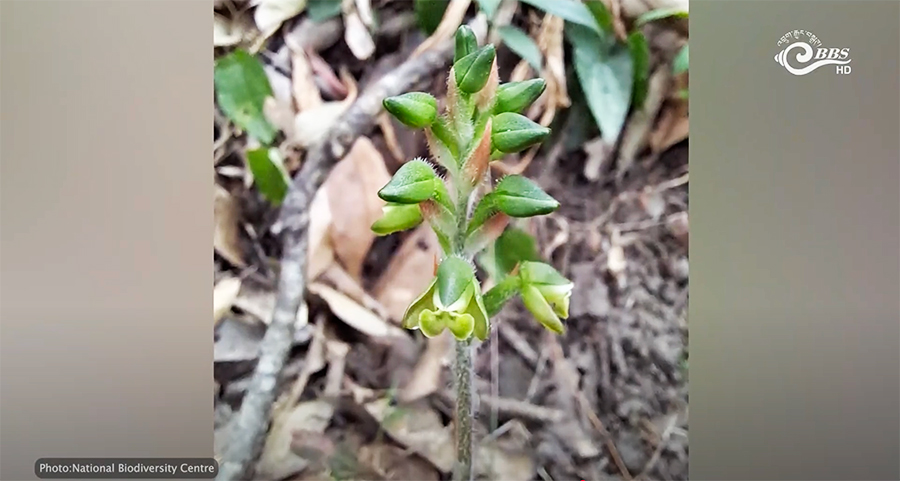 Researchers of the National Biodiversity Centre have identified a new orchid species, previously unknown to science. The species was found in two places, Rimchhu in Punakha, and Kamina in Wangdue Phodrang. According to the centre, this takes the number of orchid species found in Bhutan to 498.
Researchers of the National Biodiversity Centre have identified a new orchid species, previously unknown to science. The species was found in two places, Rimchhu in Punakha, and Kamina in Wangdue Phodrang. According to the centre, this takes the number of orchid species found in Bhutan to 498.
The newly-discovered orchid has been named Zeuxine drukyulensis, paying tribute to Bhutan, nicknamed as the Land of the Thunder Dragon. It belongs to the Zeuxine genus, one of 300 orchid genera found in Bhutan. With this addition, the country now boasts eight species of jewel orchids.
Phub Gyeltshen, Biodiversity Supervisor said “While collecting a specimen from Punakha, we found that the specimen was growing under the shade of a tree. And we never thought that it could be a new species. So, after thorough investigation and consultation with experts, we finally found that it was actually a new species to science.”
The new species is currently found only in Punakha and Wandgue Phodrang districts.
It has green flowers and grows in the shady areas of warm broadleaved forest at an elevation of around 1300 metres.
Phub Gyeltshen said “We also feel proud because discovering a new species from a small country like Bhutan, with a limited number of researchers is very difficult and I think to discover a new species, one should go on numerous challenges like finding from forest to publication. So, it is a very tedious job to discover and report new species.”
The National Biodiversity Centre has an annual target to collect different specimens and report about them.
Over the years, around 150 species have been added to the country’s orchid records.
Researchers said discovery of such species is a clear indication that the country is rich in biodiversity. Experts believe such findings highlight the need for further exploration to document the nation’s wild flora accurately.
More importantly, conservationists also believe these discoveries are critical in attracting global conservation support, ensuring Bhutan’s natural treasures continue to thrive for generations to come.
Devika Pradhan
Edited by Tshering Zam








